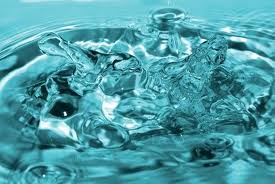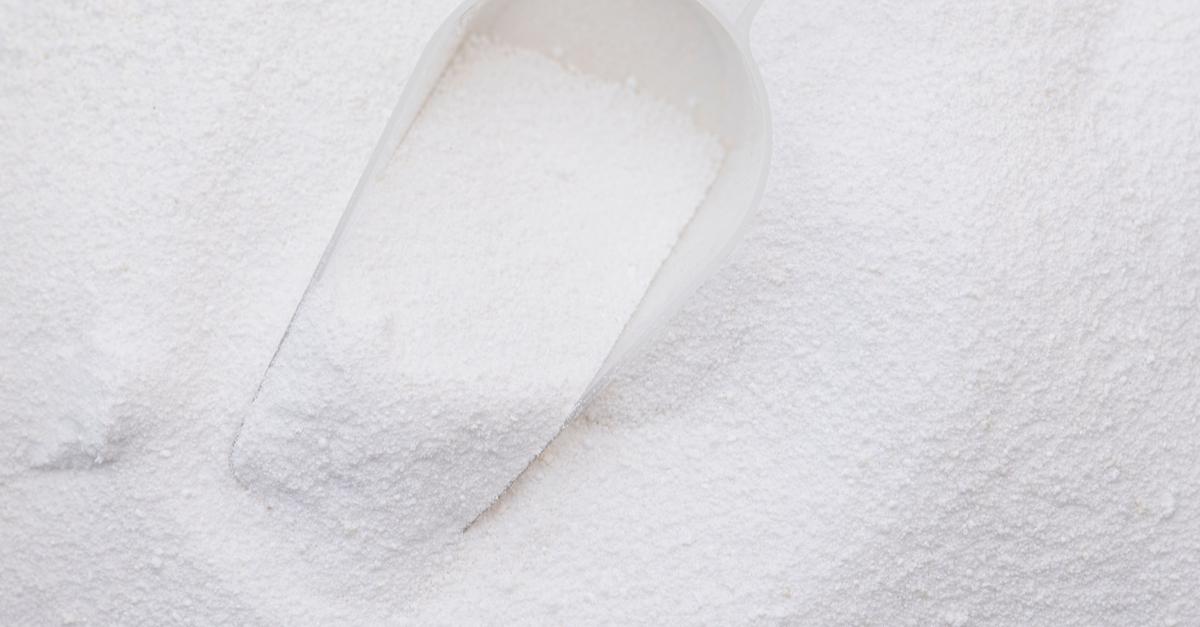
The wrong quality of rinse water can leave rinse water residues on rinsed surfaces. The last thing to touch the surface before drying is the rinse water. Which means, whatever is in the rinse water can be deposited on the surface if the drying is accomplished by evaporation rather than by physical removal of the water.
Use the correct rinse water to leave the least potential type of interfering residue from evaporation of rinse water. In general, distilled water is lowest in trace organic, deionized water is lowest in ionic inorganic or metallic trace content, and reverse osmosis or carbon filtered followed by ion exchange water can be low in both ionic and organic content.
Organic residues tend to be hydrophobic films. This is often a problem in surface preparation, organic analysis, optics and vacuum chamber preparation. Inorganic or ionic residues tend to be crystals. This can be a concern in electronic component and semiconductor manufacture and inorganic analysis. The use of the correct rinse water will reduce the likelihood of either kind of residue. The use of deionized water will also reduce the likelihood of water spot formation.



